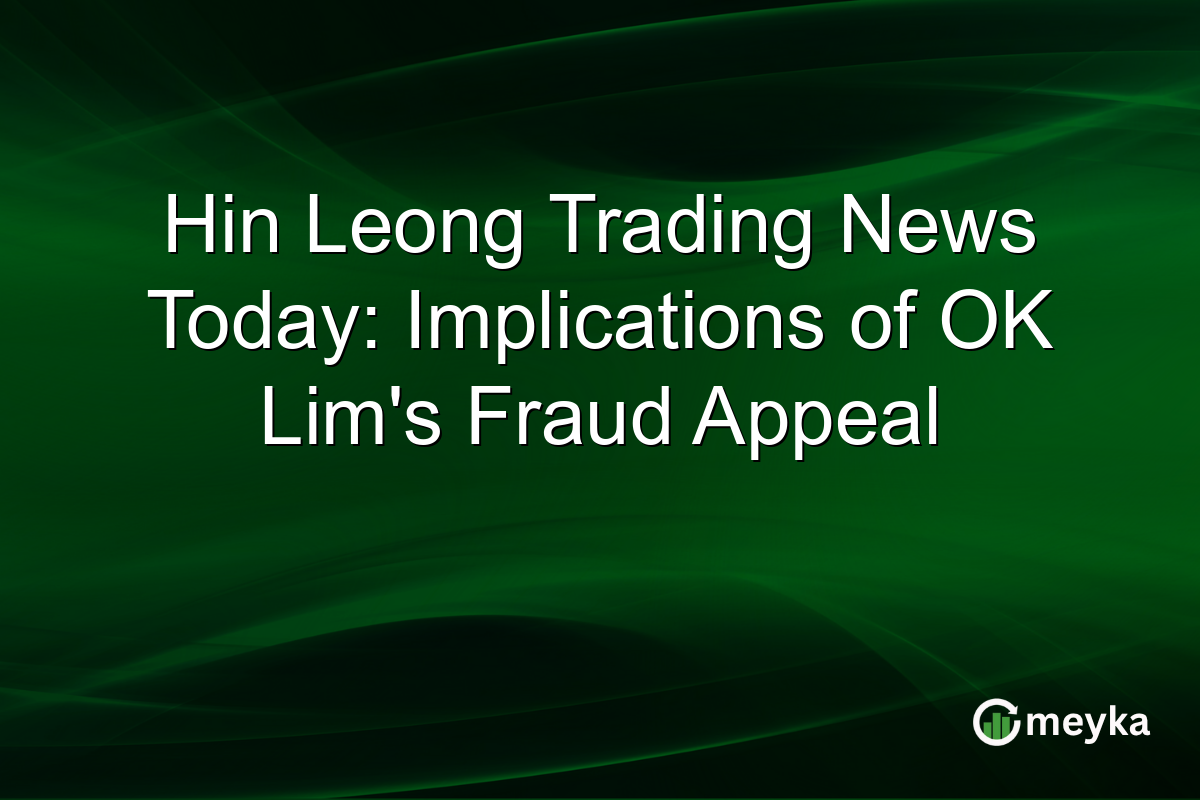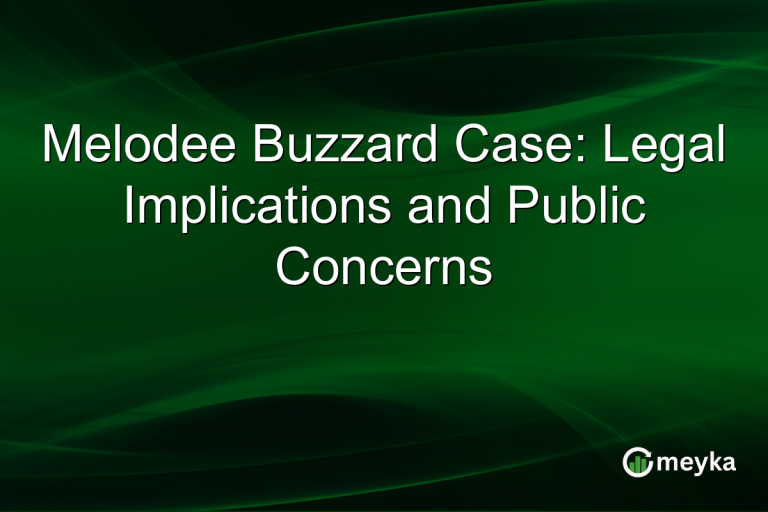Hin Leong Trading News Today: Implications of OK Lim’s Fraud Appeal
The recent appeal by OK Lim against his $111.7 million fraud conviction has brought the spotlight back on the Hin Leong Trading fraud case. With allegations of fabricated contracts at its core, this legal battle underscores key challenges in Singapore’s corporate governance framework. As the financial sector grapples with maintaining transparency, the outcome of this appeal is being closely watched.
Background of the Hin Leong Trading Fraud
Hin Leong Trading, once a giant in the oil trading sector, collapsed under the weight of massive financial mismanagement and fraud. The company’s downfall was marked by falsified documents and contracts that inflated its assets by billions. This situation left financial institutions bearing enormous losses. OK Lim, the company’s founder, was subsequently convicted of fraud, facing one of the largest legal penalties in Singaporean history. This shows the critical need for robust corporate governance.
OK Lim’s Appeal and Legal Ramifications
OK Lim’s recent appeal against his conviction is crucial in shaping Singapore’s legal stance on fraud. His legal team argues procedural mishaps, insisting the conviction was overly harsh. This appeal could alter future corporate fraud verdicts, as it challenges both evidential thresholds and sentencing norms. The case underscores the significance of maintaining rigorous legal frameworks to protect market integrity. Legal Battle Over $111.7M Fraud Conviction Intensifies.
Impact on Singapore’s Corporate Governance
The appeal brings renewed focus to Singapore’s corporate governance and its efficiency in resolving corporate fraud. Companies are now urged to adopt stricter compliance protocols. Financial regulators might enforce stricter monitoring to avoid similar incidents. The case is a reminder that robust oversight and transparency are vital to sustaining investor confidence and economic stability. This aligns with ongoing efforts to enhance corporate governance standards across sectors.
Implications for the Financial Sector
Singapore’s financial sector is watching the Hin Leong Trading fraud appeal with keen interest. The outcome may influence banking practices, especially those involving risk management and credit operations. Financial entities are revisiting their internal controls to prevent fraud. This case could lead to regulatory adjustments, emphasizing the critical need for vigilance and ethical conduct. The appeal’s result will likely echo throughout the industry, pushing stakeholders towards stringent compliance.
Final Thoughts
The ongoing appeal in the Hin Leong Trading fraud case by OK Lim highlights both legal and corporate governance issues in Singapore. It places the focus on how legal standards are applied and enforced, particularly concerning large-scale corporate fraud. As the financial sector reassesses its practices, this case serves as a critical lesson in the importance of transparency and rigorous governance. The final decision could set a precedent, not just affecting Singapore but also offering lessons globally. For investors and corporate leaders, adherence to ethical governance and compliance isn’t just regulatory — it’s essential for trust and stability.
FAQs
OK Lim’s appeal challenges both his conviction’s legality and the severity of his sentence. It’s significant because it could impact how future corporate fraud cases are handled in Singapore, influencing legal precedents and judicial standards.
The case emphasizes the importance of stringent corporate governance. It encourages companies to improve compliance measures and transparency to prevent similar fraudulent activities, reinforcing confidence in corporate oversight mechanisms.
The appeal might lead to stricter regulatory measures in the financial sector. Banks and financial institutions could tighten risk management and internal controls to avert potential fraud, aiming for greater safety and industry trust.
Disclaimer:
This is for information only, not financial advice. Always do your research.






